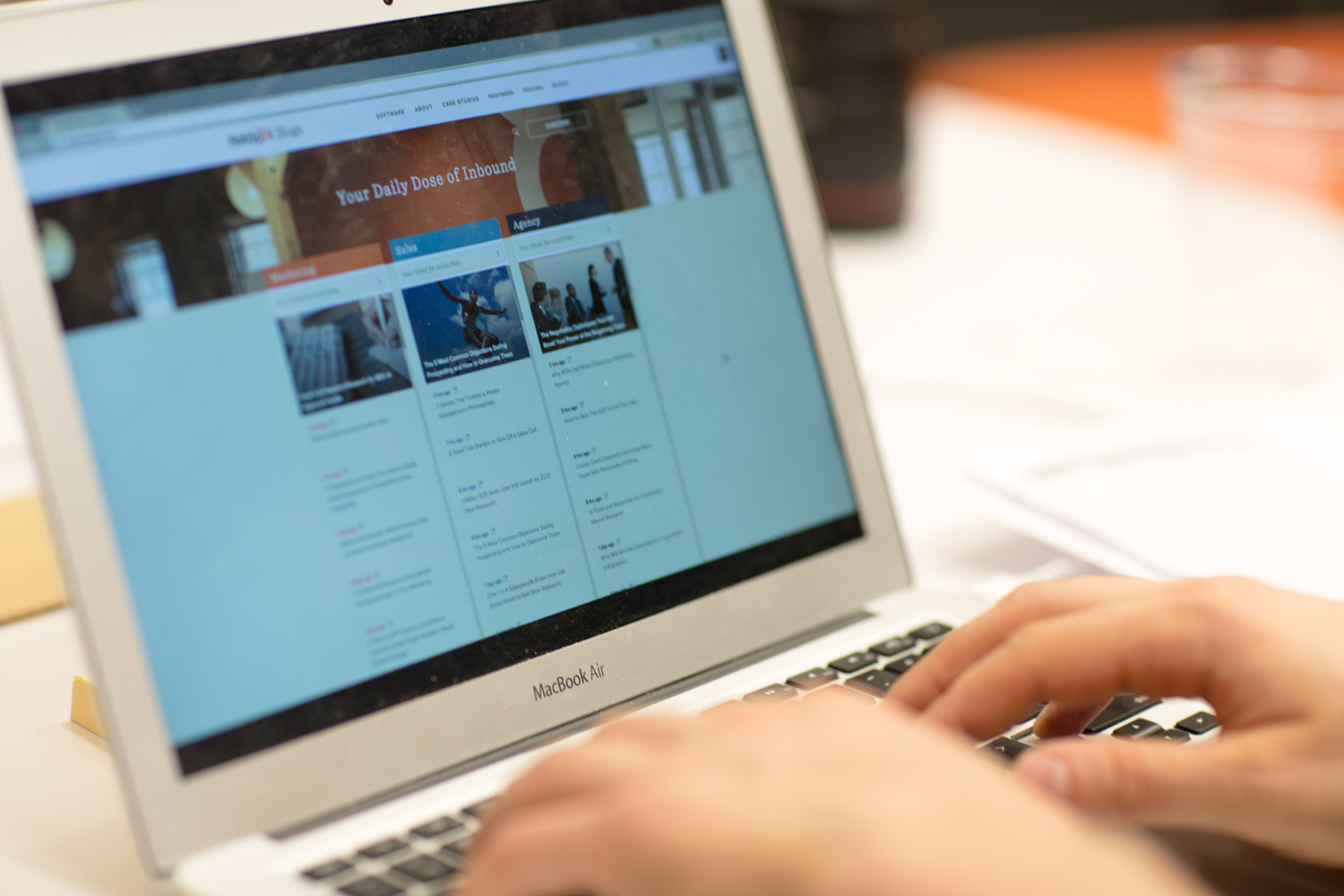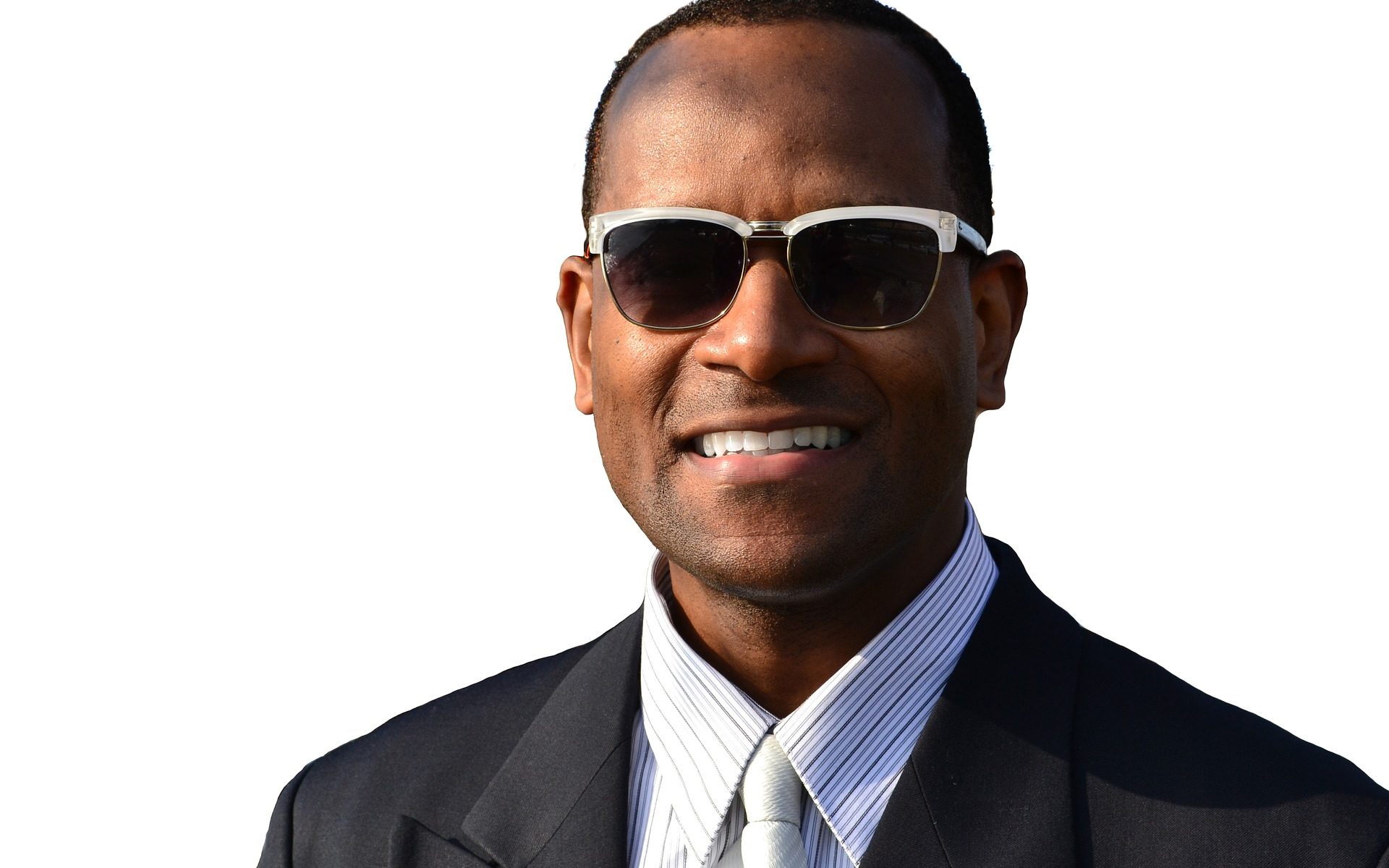It doesn’t matter whether you are a high school student, a college student, or an adult … finding a “good fit” for college or work is a bit like finding your balance. Robert Fulghum wrote about it in his book, All I Really Need to Know I Learned in Kindergarten. He said, “Live a balanced life – learn some, think some, and draw and paint and sing and dance and play and work every day some.” Wise and wonderful words!
As a high school student, it is important to be engaged in not just the grades of specific classes, but the activities and experience of high school. In doing so, you build your value to colleges and universities through your experiences of participation, leadership and service. All of which include opportunities to work, or play or dance or perform or demonstrate who you are as an individual. It helps you to find your balance and understand where you fit in. Likewise, as you search for colleges and universities you begin to develop an understanding of those things that are important to you in finding the “good fit” experience of higher education.
College students looking for that first job coming out of school, you begin to understand the kind of environment that you would find satisfying or the kind of people you want to spend the bulk of your day with as you go about creating a career. Life begins to take on a new balance that is based on an evolving set of values, interests and abilities. Do you know what yours are?
The culture of an institution like high schools, colleges and universities as well as the culture of a work environment all provide opportunities for you to find your balance. But it does take some effort, it doesn’t happen by accident and you must pay attention. Just like Mr. Fulghum said in his book, “Live a balanced life – learn some, think some, and draw and paint and sing and dance and play and work every day some.”









